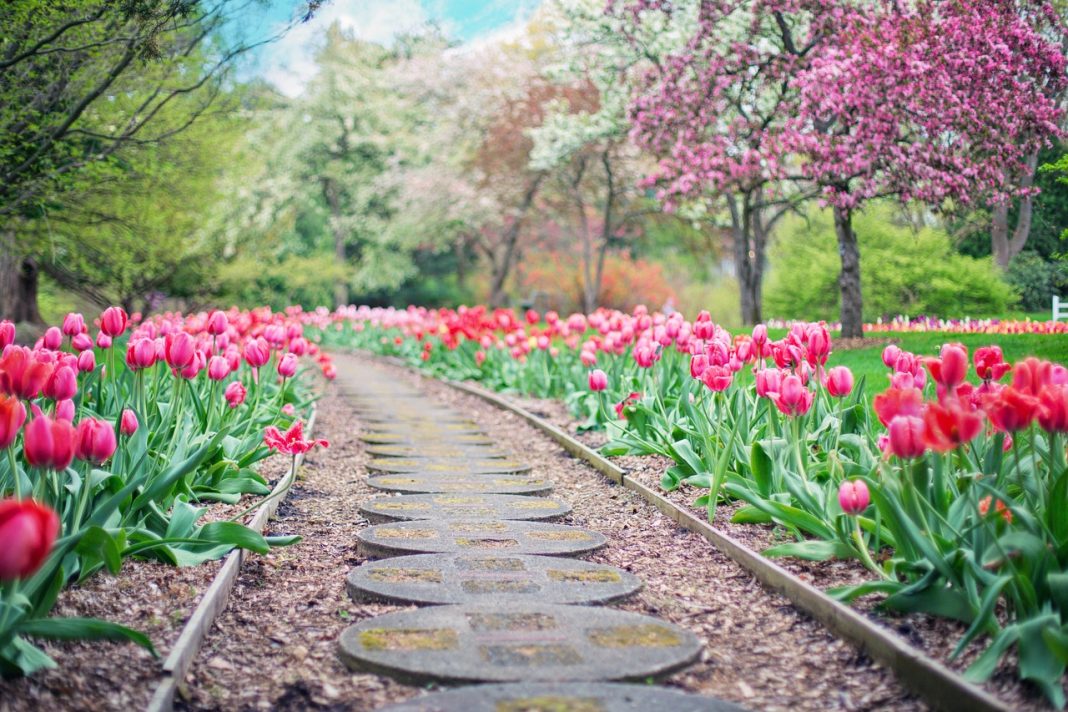People with allergies or asthma tend to stay away from gardening and plants because it affects their health. According to WebMD, 3,700 other possible allergens could be causing the problem, and pollen is a common one. However, you don’t have to give up your gardening dreams as long as you can follow specific tips to avoid any flare-ups. Let’s find out more so you can pick up your hobby again!
1. You Need the Right Plants
One of the first things you’ll need to consider to prevent asthma and allergies from ruining your gardening experience is picking the correct flowers and plants. You should research bee-pollinated greenery because that pollen is thicker and stickier. It will adequately adhere to bees instead of getting in the air. Moreover, it’s best to avoid wind-pollinated options because that type of pollen is hurtful for sensitive people. It’s important to prevent anything from exacerbating your situation, especially if you have chronic conditions like allergic rhinitis or asthma, as the chances they’ll go away are around 1% each year.
Furthermore, you need to pick odorless flowers, and it’s always better to choose female plants because they don’t produce pollen. You might be able to find sterile male options, but it’s best to be safe. The only issue with choosing female plants is that they might create fruits that attract insects. The solution is to buy a bird feeder to prevent insects and their dander from ruining your allergy-free garden.
Meanwhile, most people don’t know that grass can produce more pollen than other plants, so it’s vital to mow it constantly or choose other options like rocks or gravel. Reducing the number of plants in your garden can be a huge help. Never buy ornamental grasses, like pampas or Chinese silver, because those are even worse than regular grass. Organic mulches are also known to cause allergies, so people choose fake mulches instead. Moreover, check for mold in compost and hedges, as it could be another allergen.
2. You Should Use Protective Clothing and Gear
Unfortunately, you might still suffer from allergies and asthma even after planting the recommended options. In that case, you’ll need some protective gear. Always wear a mask when mowing the lawn or trimming the hedges. In fact, people who don’t have any allergies should also do that because any kind of cutting releases small particles they could inhale. It’s hard to know how damaging it could be to someone’s health, even if they don’t have any condition.
Gardening is not supposed to hurt your physical integrity. It’s meant to be a beautiful hobby, and around 50% of people revealed that this activity helped them relieve stress. However, you can’t calm down if your allergies flare up, so taking as many precautions as possible is best. Use gloves while gardening and long shirts and pants, which can also help prevent sunburns. Also, wear protective glasses if you have them.
After gardening, you must take off your clothes and gear, wash them thoroughly, and take a shower. It’ll help prevent any possible allergens from getting into the house. On that note, keeping your windows and doors closed while you’re working in your garden is also helpful. If all your protective clothing and equipment fails, take some allergy medicine.
3. You Must Garden At Certain Times
You need to avoid working in your yard when the pollen count is at its highest. A good rule of thumb is never to trim or plant anything during a spring afternoon or a fall morning. However, you should research more about plants in your area and how your current garden or surrounding greenery reproduces just to be more careful.
Even if gardening is your passion, you can’t ignore your health. Luckily, these tips will help you avoid allergens as much as possible so you can enjoy what you love and not hurt yourself in the process. You just need to be cautious and smart. Start making these changes today, and you’ll be relaxing in your yard in no time!





